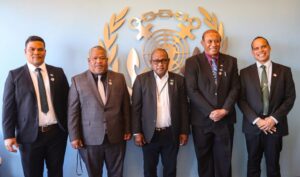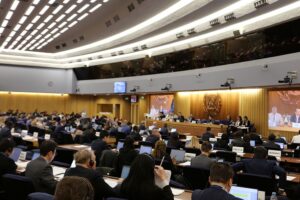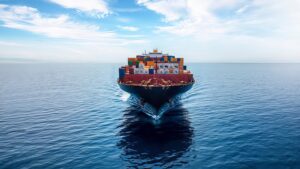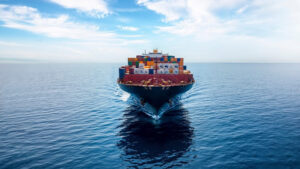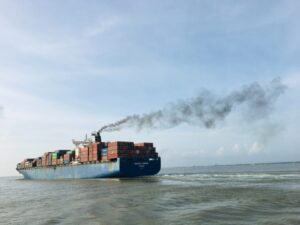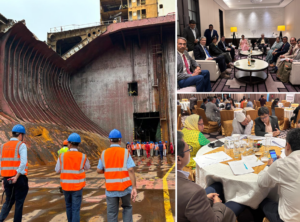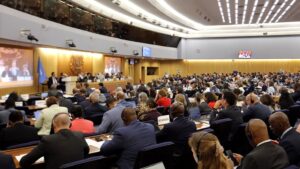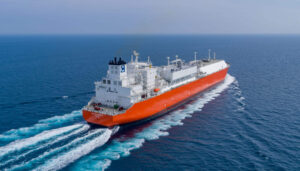BIMCO asks IMO MEPC to extend BWM experience-building phase
BIMCO, the world’s largest shipping association, has submitted a proposal to the International Maritime Organization (IMO) with the aim to extend the experience-building phase (EBP) associated with the International Convention for the Control and Management of Ships’ Ballast Water and Sediments, 2004 (BWM Convention).

The proposal to the upcoming Marine Environment Protection Committee (MEPC) 77 has been submitted by BIMCO in cooperation with other major industry bodies — IACS, ICS, INTERCARGO and INTERTANKO.
As explained, the extension is deemed necessary due to slow progress of the data collection phase.

The EBP
The EBP was established when the BWM Convention came into force on 8 September 2017, with the aim of gathering experience from real life situations when the convention is in force. Based on the experience gained, the BWM Convention will be reviewed and, if required, a set of amendments will be made to make it more robust.
Related Article
-
Ballast Water Management Convention Enters into Force
Rules & Regulation
The EBP is structured in three stages — data gathering stage, data analysis stage, and convention review stage. At the end of the EBP, if applicable, a full set of amendments will be proposed to the BWM Convention.
In order to collect the data in a structured manner, IMO has set up a database on the Global Information Shipping Information System (GISIS) platform.
While the EBP is in place, there are certain non-penalisation measures in place which recognise the ships which, despite the proper installation and use of approved ballast water management systems (BWMS), are not able to comply with the standards mentioned in the regulation of D-2 of the convention. These non-penalisation measures will come to an end with the completion of EBP.
Reasons for proposing an extension
According to BIMCO, the progress of EBP has not been in line with what was anticipated when it was originally put in place. In fact, as of now, the EBP has been behind schedule by almost three years.
“It was envisaged at the time of starting the EBP that countries and port state control (PSC) organisations would have been gathering significant levels of data, and that this would be fed into the IMO GISIS system for proper collection and analysis,” BIMCO said.
“However, so far, only five member states have submitted data, which represents approximately 200 ships. In BIMCO’s view, this is insufficient to proceed to the next stage if a proper data analysis must be conducted.”
BIMCO further said that it is reasonable to assume that the COVID-19 pandemic may have significantly impacted on planned numbers of onboard inspections and their scope relating to the BWM Convention over the last two years.
Furthermore, the number and variety of approved BWMS have increased lately, and the operational data is more available now than in the past. This data needs to be gathered and analysed for the outcome of the EBP to be realistic. From 28 October 2020, only BWMS approved in accordance with BWMS code are required to be installed on board ships, and the data related to these systems will give a more realistic picture of the latest BWMS approval in place.
Finally, ships whose International Oil Pollution Prevention Certificate (IOPPC) renewal survey was conducted between 8 September 2017 and 8 September 2019 will be due to comply with the D-2 standard prescribed in the BWM Convention by 8 September 2024 at the latest. These ships will benefit from more clarity that will come from a well conducted EBP.
Proposal
Keeping all the above benefits in mind for all involved stakeholders including member governments, ballast water equipment manufacturers, PSC organisation and shipowners, BIMCO, and the industry organisations that have joined in the submission, have written to MEPC 77, with a proposal to extend the EBP by minimum two years, until autumn 2024.
The MEPC 77 is due to meet on 22 November 2021.

